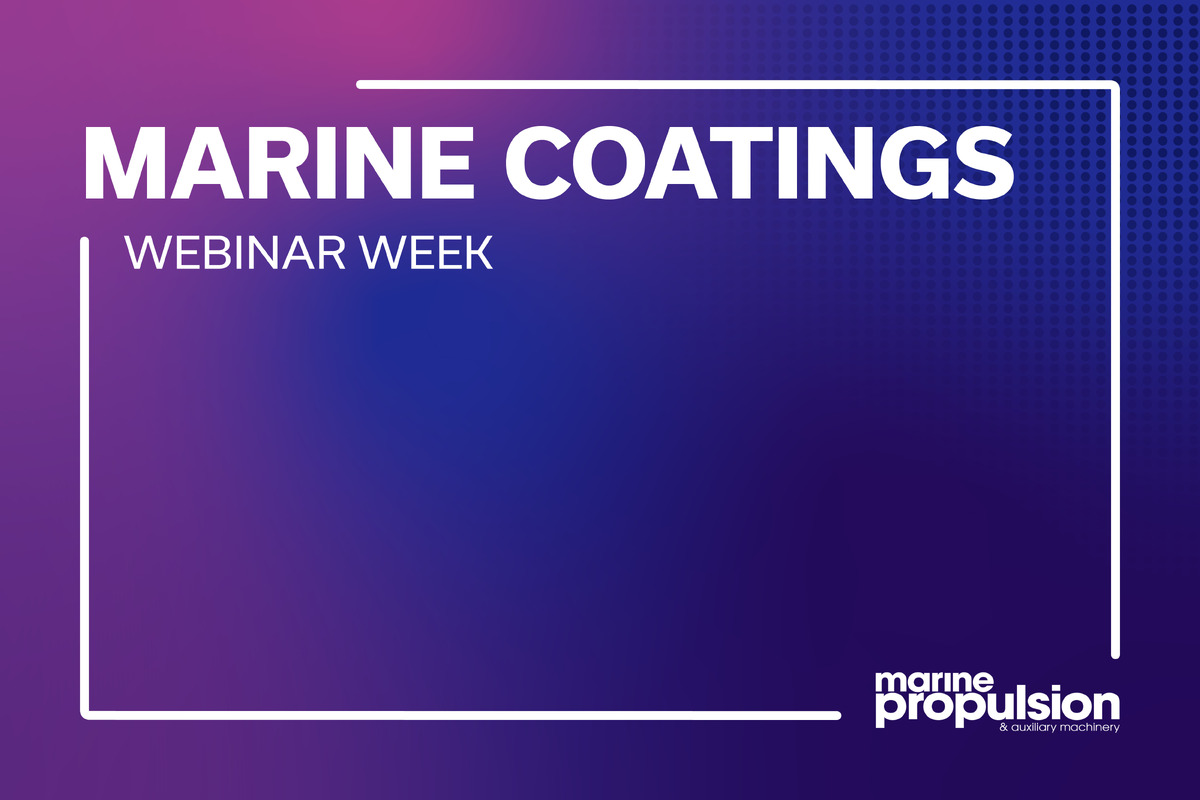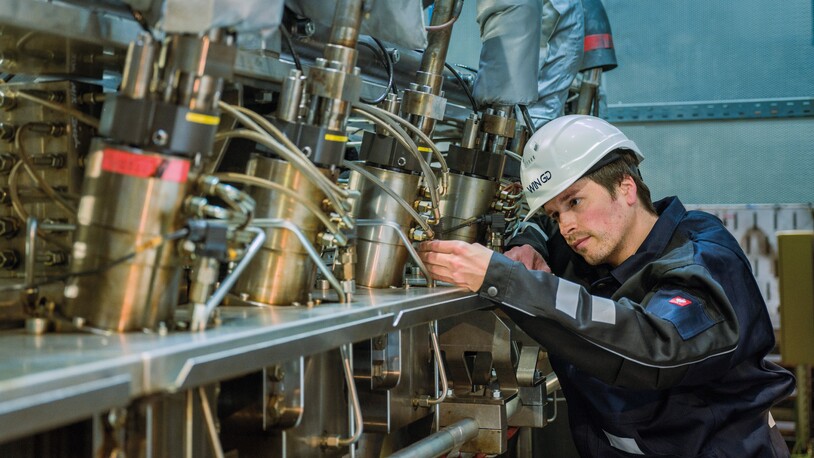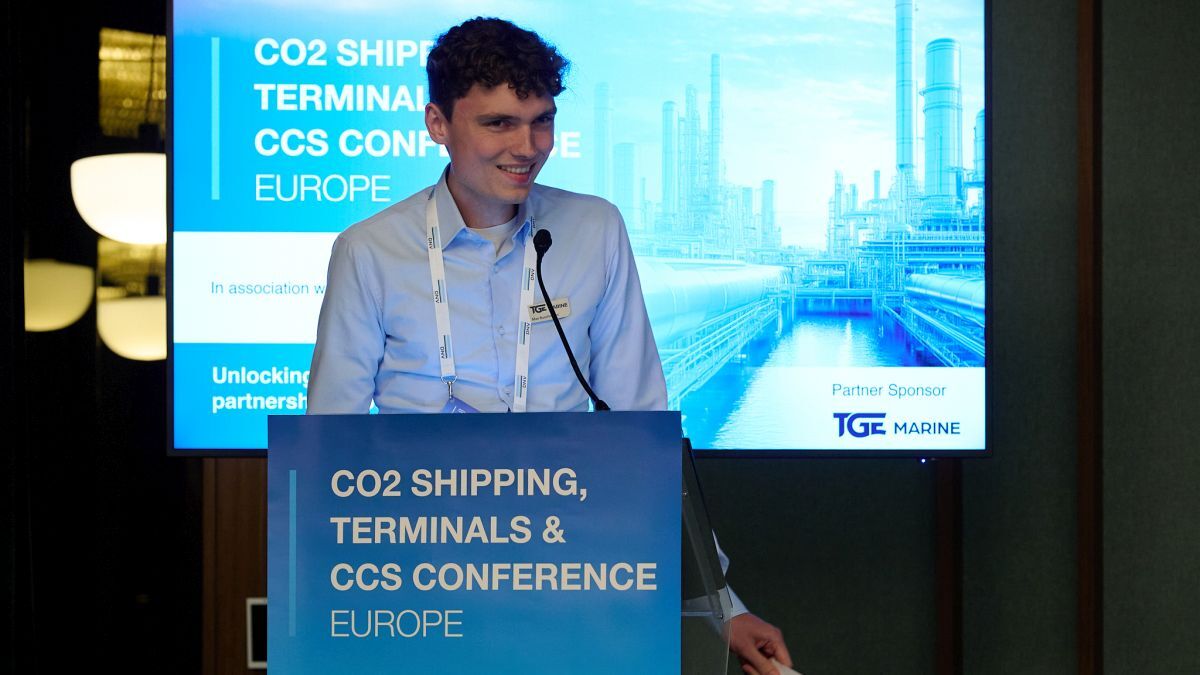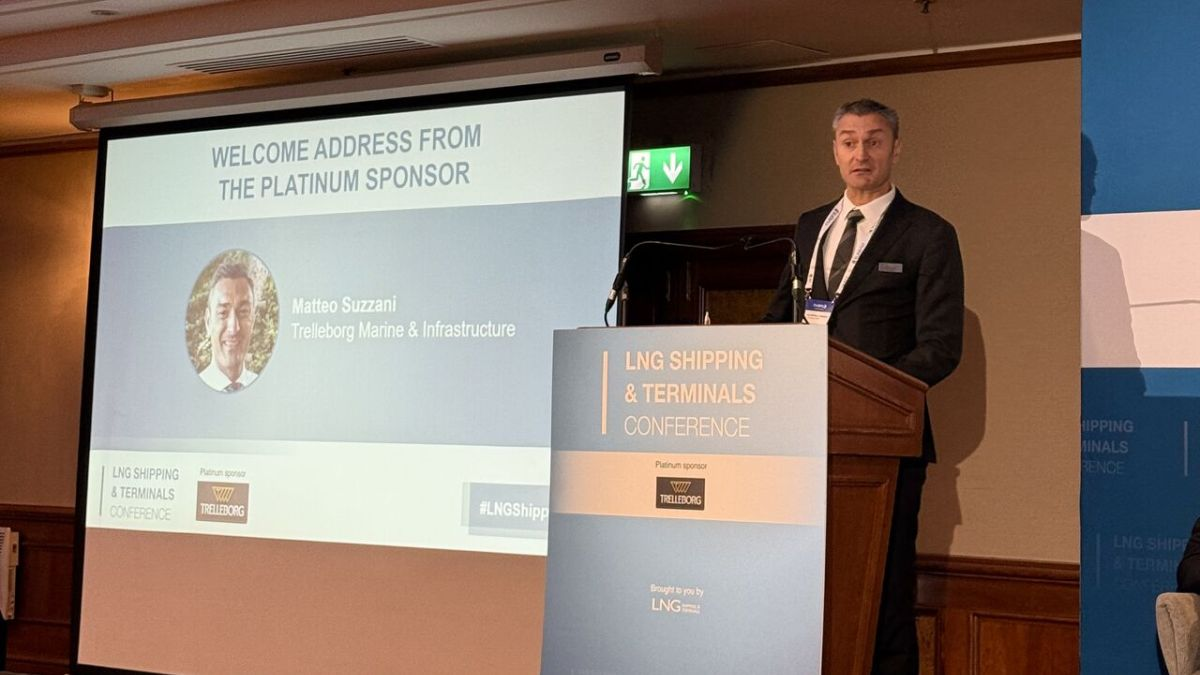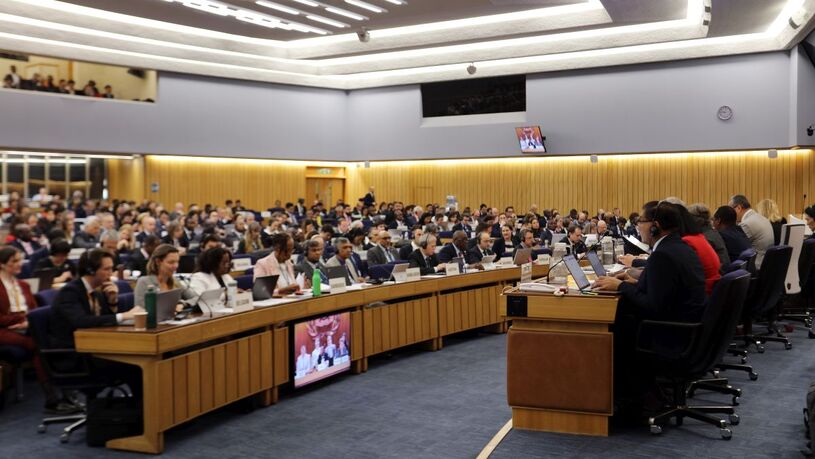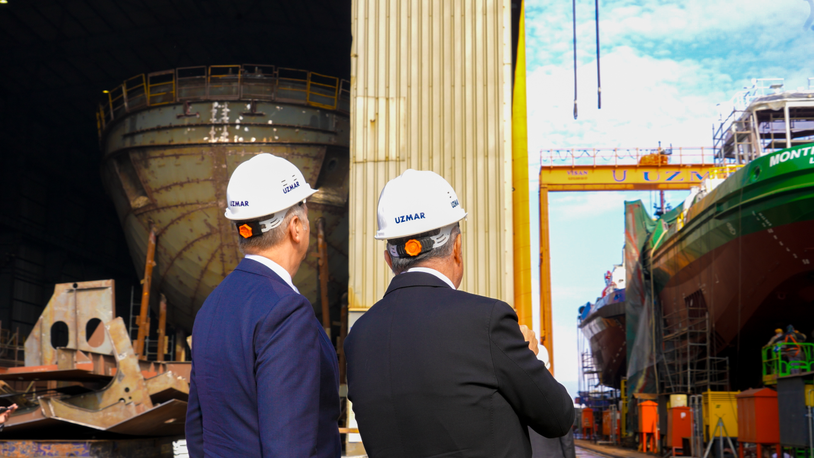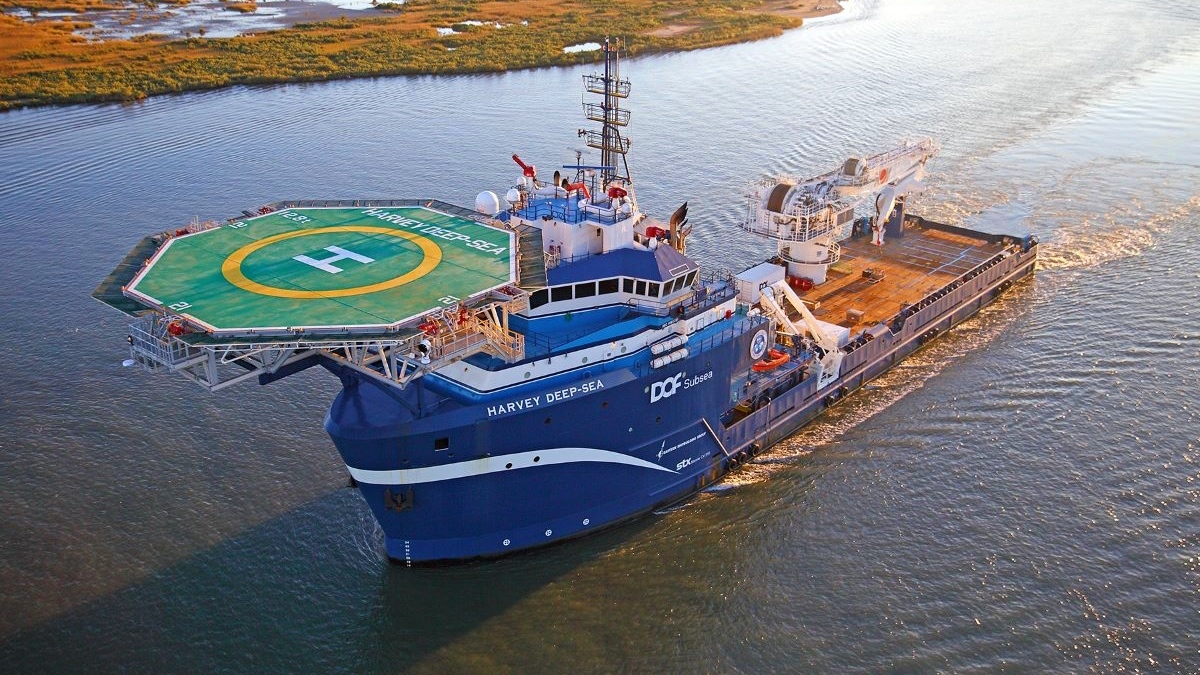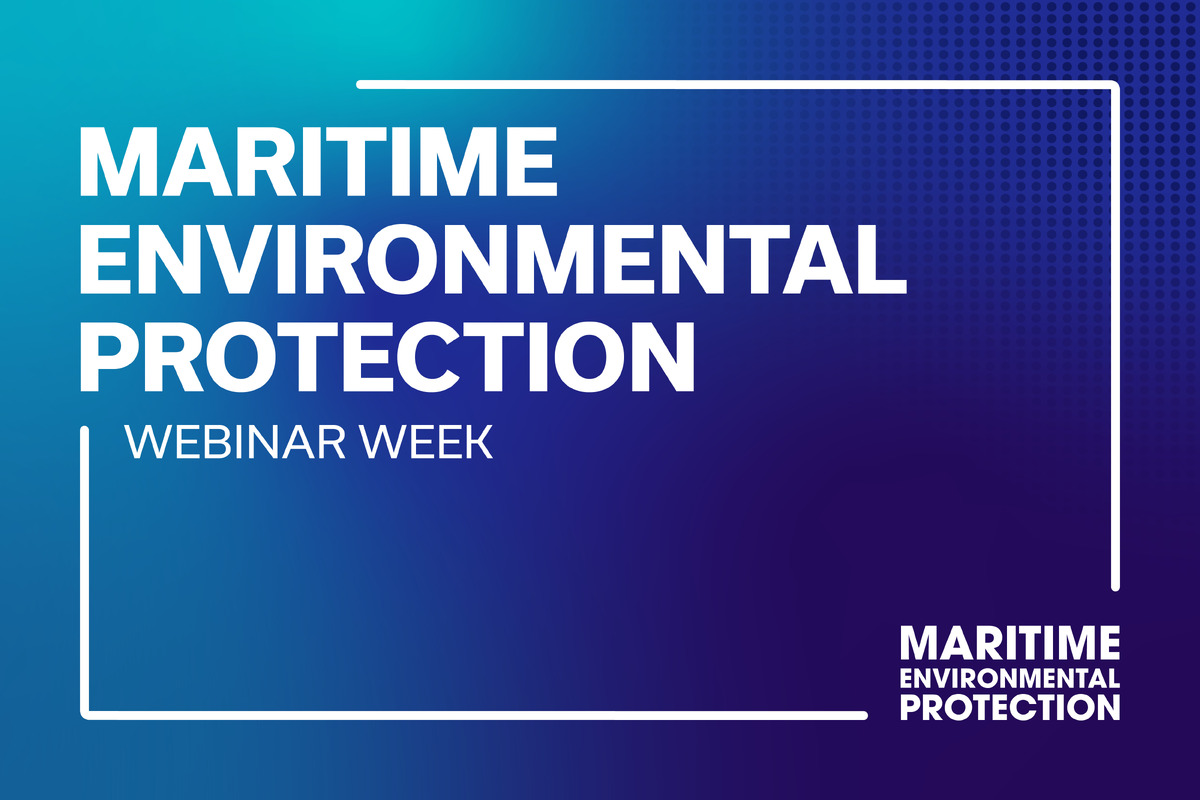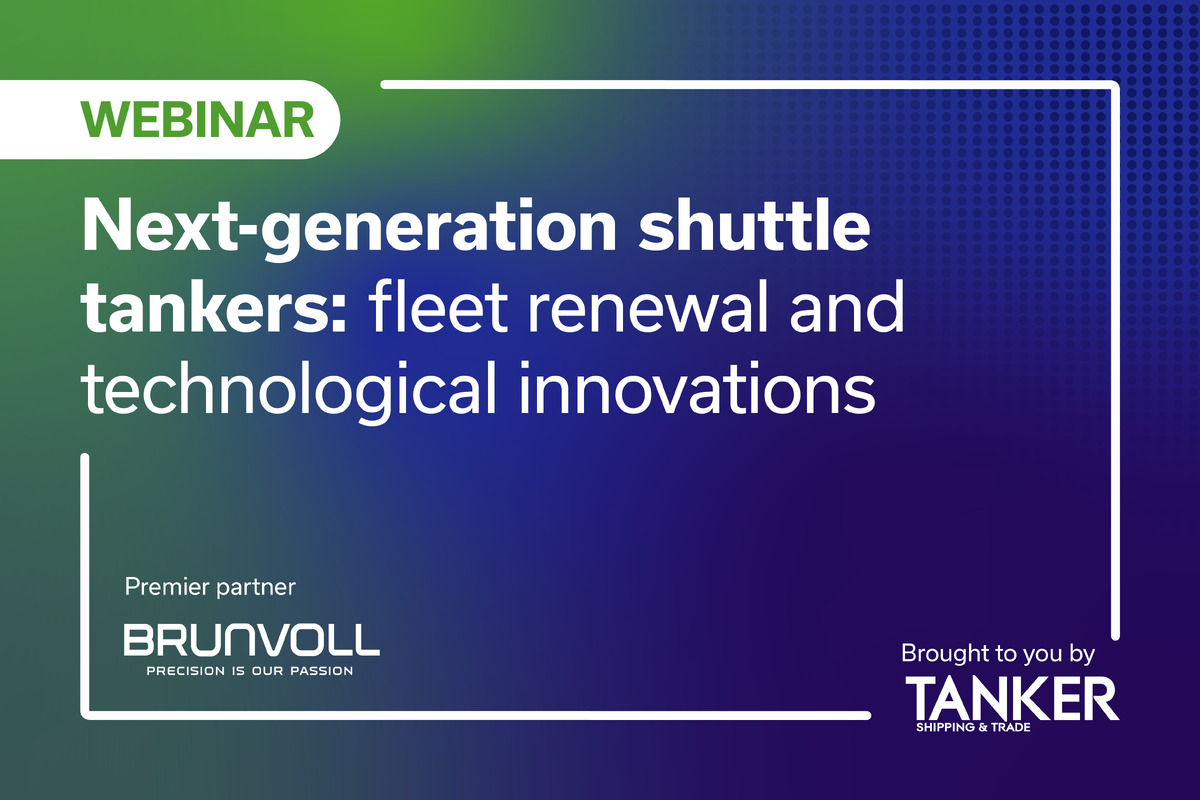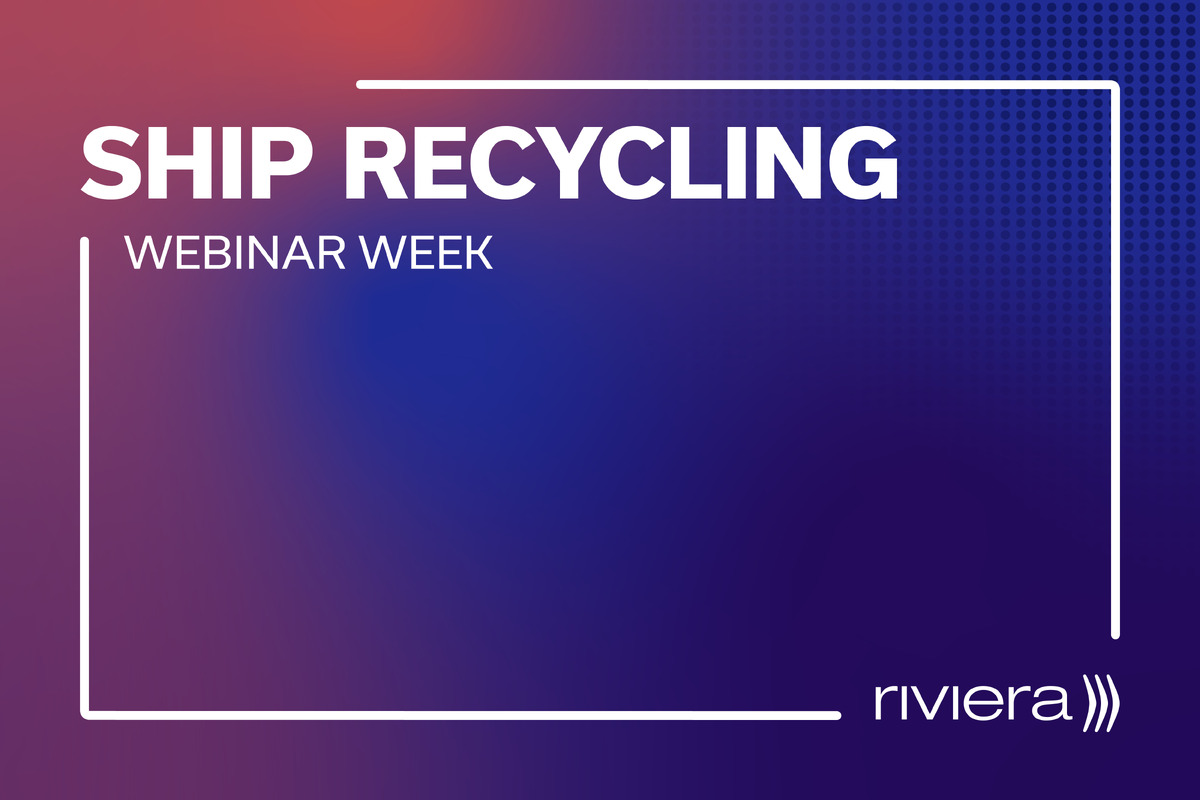Business Sectors
Events
Marine Coatings Webinar Week
Contents
Register to read more articles.
IMCA relaunches Environmental Sustainability Self-Assessment tool
To meet its members’ environmental ambitions, sustainability is one of IMCA’s primary focuses, explained technical adviser – environment and sustainability, Mary Ntamark
Just as IMCA has been instrumental in shaping standards for offshore safety over more than 50 years, the organisation recognises the pivotal role it plays in bringing its members and the industry together to address new sustainability demands from the European Union or IMO.
IMCA members are increasingly expected to support the transition towards a more sustainable offshore energy seascape, and to meet ambitious targets for a net-zero future. The 19-strong IMCA Environmental Sustainability (ES) Committee, drawn from across the organisation’s global membership, supports members as they navigate this journey. IMCA works in partnership with the International Association of Oil & Gas Producers, IMO, CAFA and the Nature Positive Initiative; and the growing ES technical library now includes 13 informative documents.
In 2021 the ES Committee developed IMCA’s Environmental Sustainability Self-Assessment (ESSA) tool, a key step in promoting sustainable practices across our industry. Awaiting relevant legislation to be finalised meant it had to be moth-balled for a while. Now, it is well and truly back. This October saw the relaunch of the updated version of the ESSA tool, which is now available to complete through the IMCA website.
“The results are benchmarked with anonymised information from other users”
The updated ESSA tool meets three key objectives, helping member companies: evaluate their performance against environmental sustainability criteria based on IMCA’s recommended Code of Practice on Environmental Sustainability; reflect on environmental and climate-related practices, highlighting strengths and areas for improvement; benchmark their results against anonymised industry averages, once sufficient members have contributed.
The online and updated ESSA tool builds on the principles in the Code of Practice, scoring members based on the information they provide. The assessment comprises structured questions and typically takes 45-60 minutes to complete. IMCA encourages members to complete it as a collaborative effort across business units to ensure accuracy and collective ownership. Participants receive their individual score immediately and, over time, gain access to industry insights as the results are benchmarked with anonymised information from other users.
These can be tracked over time to demonstrate progress against corporate sustainability objectives.
Important member benefits include: staying ahead of emerging requirements, with new sections included in 2025 on the EU’s Corporate Sustainability Reporting Directive (CSRD) and the IMO’s GHG Strategy; helping to identify where resources should be dedicated for maximum impact; and strengthening teamwork and clarifying roles by involving colleagues from across business units.
There are benefits for IMCA, too, as aggregated results will enable the organisation to tailor guidance, training, and resources to better support members. Most importantly, broad engagement will provide a robust foundation for industry benchmarking and knowledge-sharing.
Anonymised results and insights will be shared with members at the IMCA Global Summit being held 26-27 November in Kuala Lumpur, Malaysia. It will bring together more than 300 business leaders, decision makers, and technical experts from the marine contracting industry, as well as energy companies, national regulators, and academics, to debate key industry trends.
Every IMCA member company, regardless of size, should use the relaunched ESSA tool to help them better understand the sustainability landscape, respond to the emerging regulatory requirements they face, and to deliver their sustainability ambitions.
Related to this Story
Events
Marine Coatings Webinar Week
Maritime Environmental Protection Webinar Week
Ship Recycling Webinar Week
© 2024 Riviera Maritime Media Ltd.
